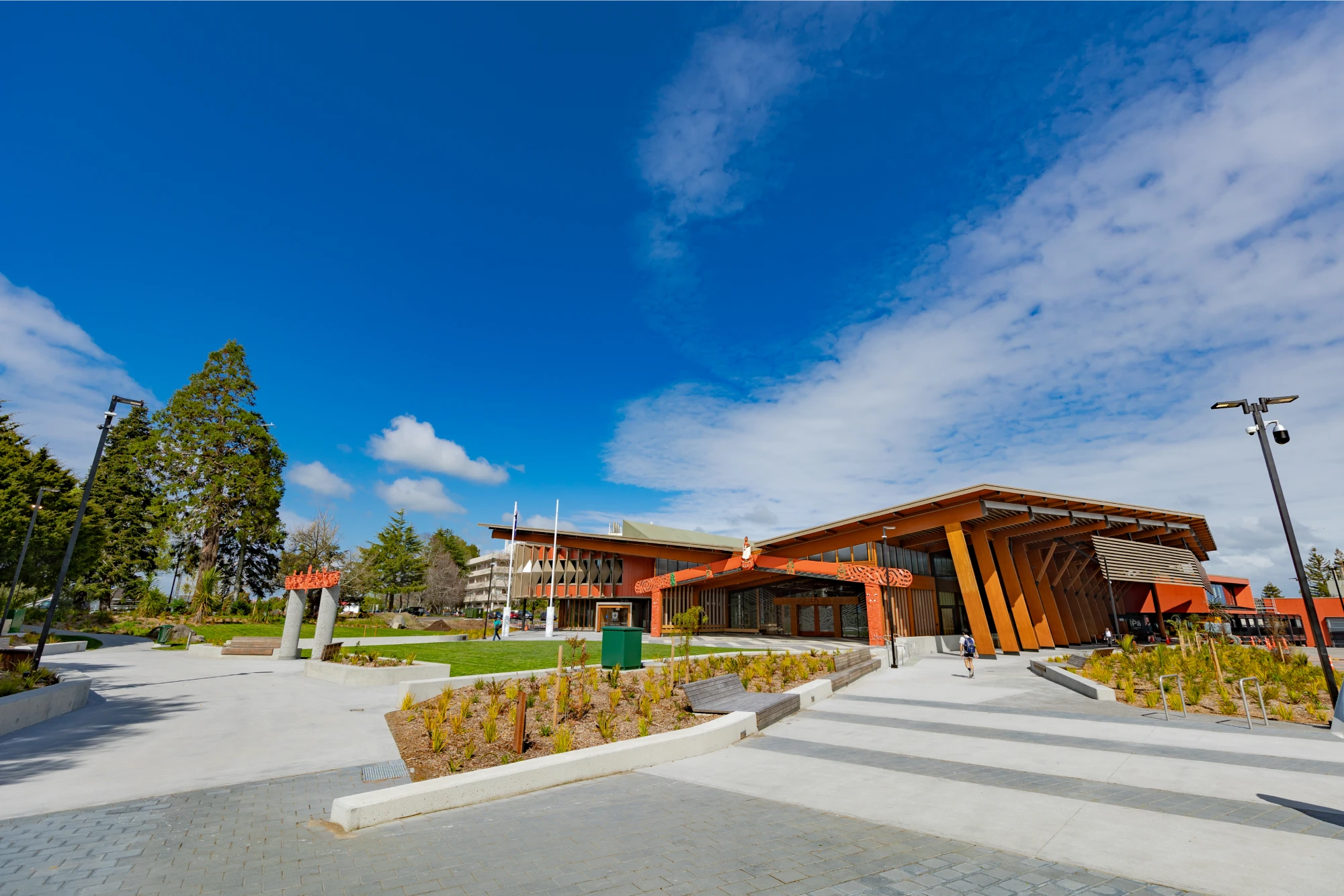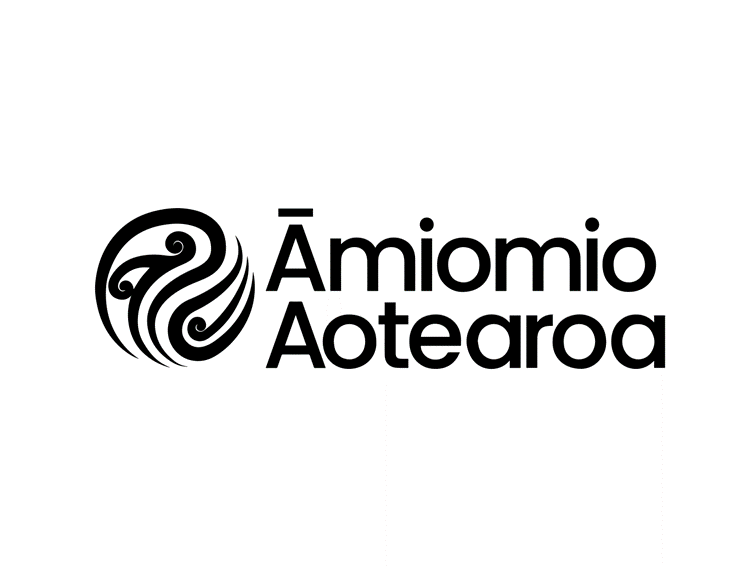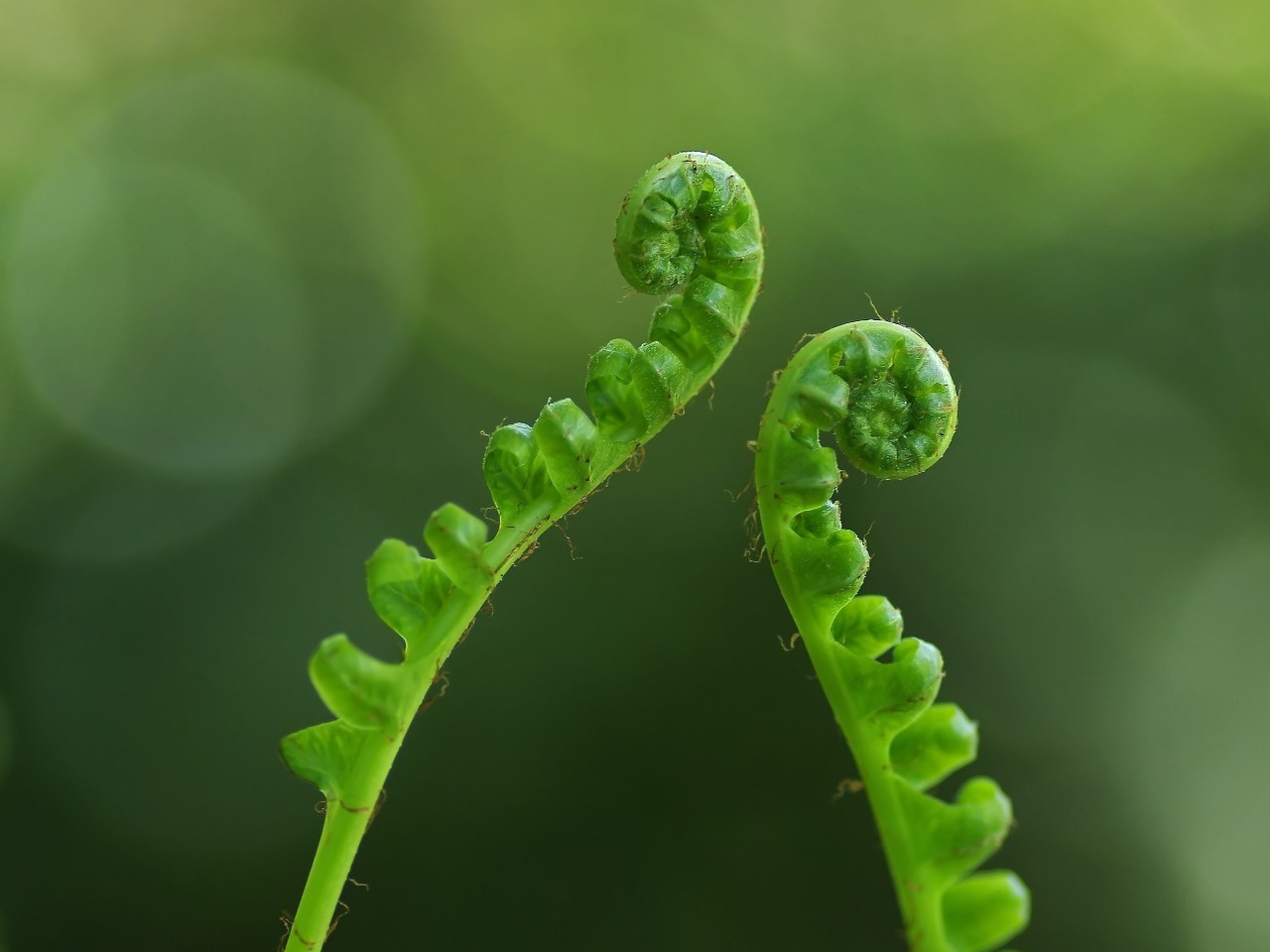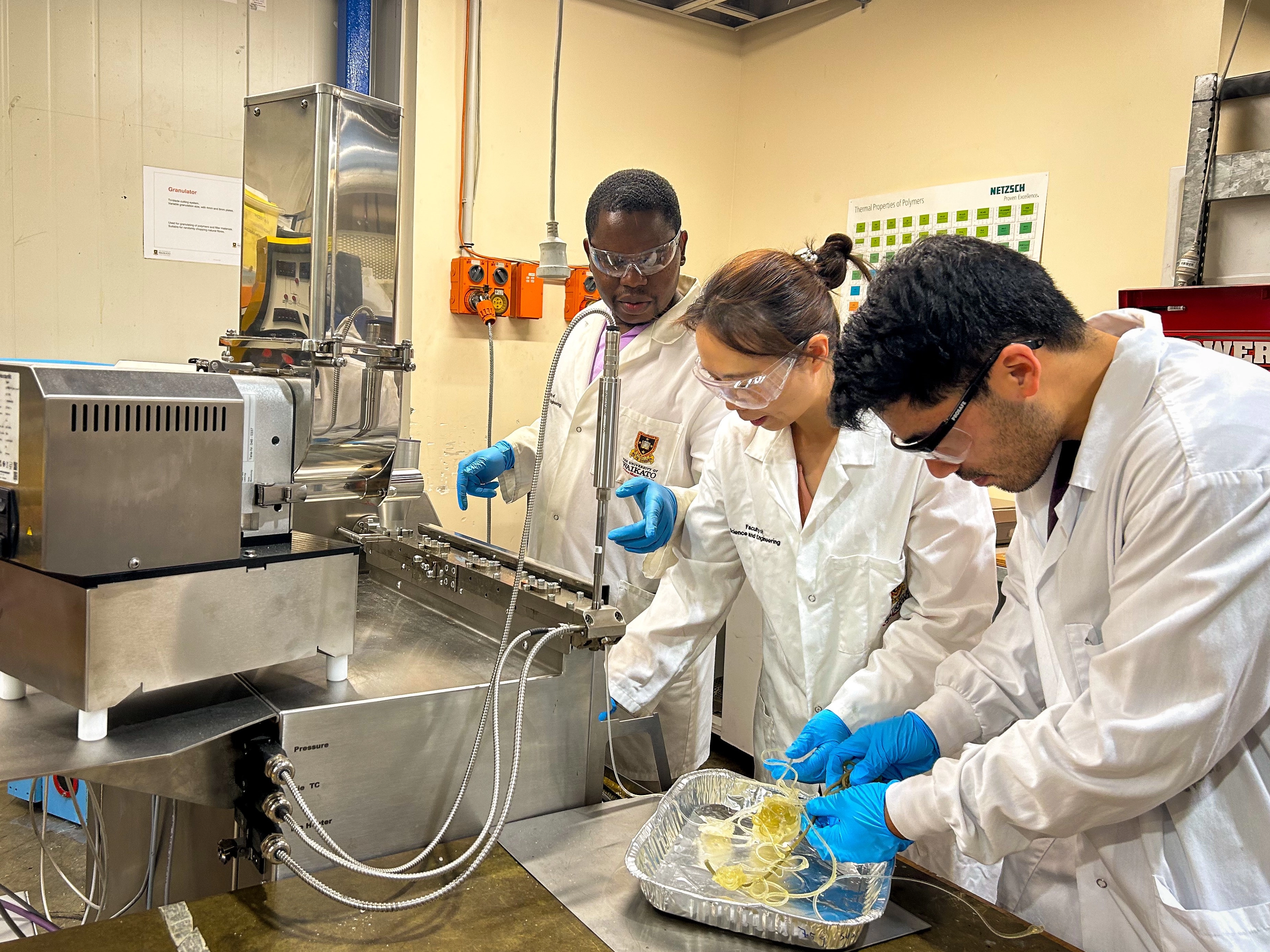Āmiomio Aotearoa
A Circular Economy for the Wellbeing of New Zealand

Āmiomio Aotearoa is a transdisciplinary, multi-partner research project funded by the Ministry for Business, Innovation and Employment (MBIE) and hosted by the University of Waikato.
This novel socio-economic concept is cyclical in nature and regenerative by design. Bringing together Mātauranga Māori and western science, it aims to move beyond linear extract-produce-use-dispose material and energy flow models to optimise the value and use of products, components, and materials over time.
How will we achieve this?
Our research will address fundamental knowledge gaps through a multidisciplinary and collaborative research programme that builds on existing, and creates new, areas of research excellence in materials science, economics, kaupapa Māori, business, law and regulation, and public policy. The research platform will play a critical role by connecting and integrating these research communities to develop transformative new knowledge and innovative solutions tailored to Aotearoa New Zealand’s specific geographic, economic, political and societal context.
Our mission
To create world-leading research to facilitate Aotearoa New Zealand's transition towards the development and adoption of production-consumption systems that optimise circular material flows that reduce resource consumption and environmental impacts, thereby supporting sustainable development for the benefit of current and future generations.
Āmiomio Aotearoa team
Āmiomio Aotearoa is led by Kim Pickering. The leadership team also includes Barry Barton, Eva Collins, Les Oxley and Jason Mika.
The team
The team has grown to include both researchers and an advisory board.
This partnership brings together researchers from across disciplines at the University of Waikato, the University of Canterbury, Victoria University of Wellington, Massey University, Lincoln University, the University of Otago, NZ Institute of Bioeconomy Science (previously Scion), Manaaki Whenua Landcare Research, and the University of Glasgow, UK.
Āmiomio Aotearoa fosters strong research collaborations with various industries and actively engages with multiple community and NGO groups.
Research outputs

Collaborations
Since the inception of our Āmiomio Aotearoa project, we have proudly collaborated with numerous organisations. Please explore the full list of our collaborators.

The Āmiomio Aotearoa design
The name ‘Āmiomio Aotearoa’ was gifted to us by Professor/Manukura Tom Roa (Ngāti Maniapoto, Waikato)


